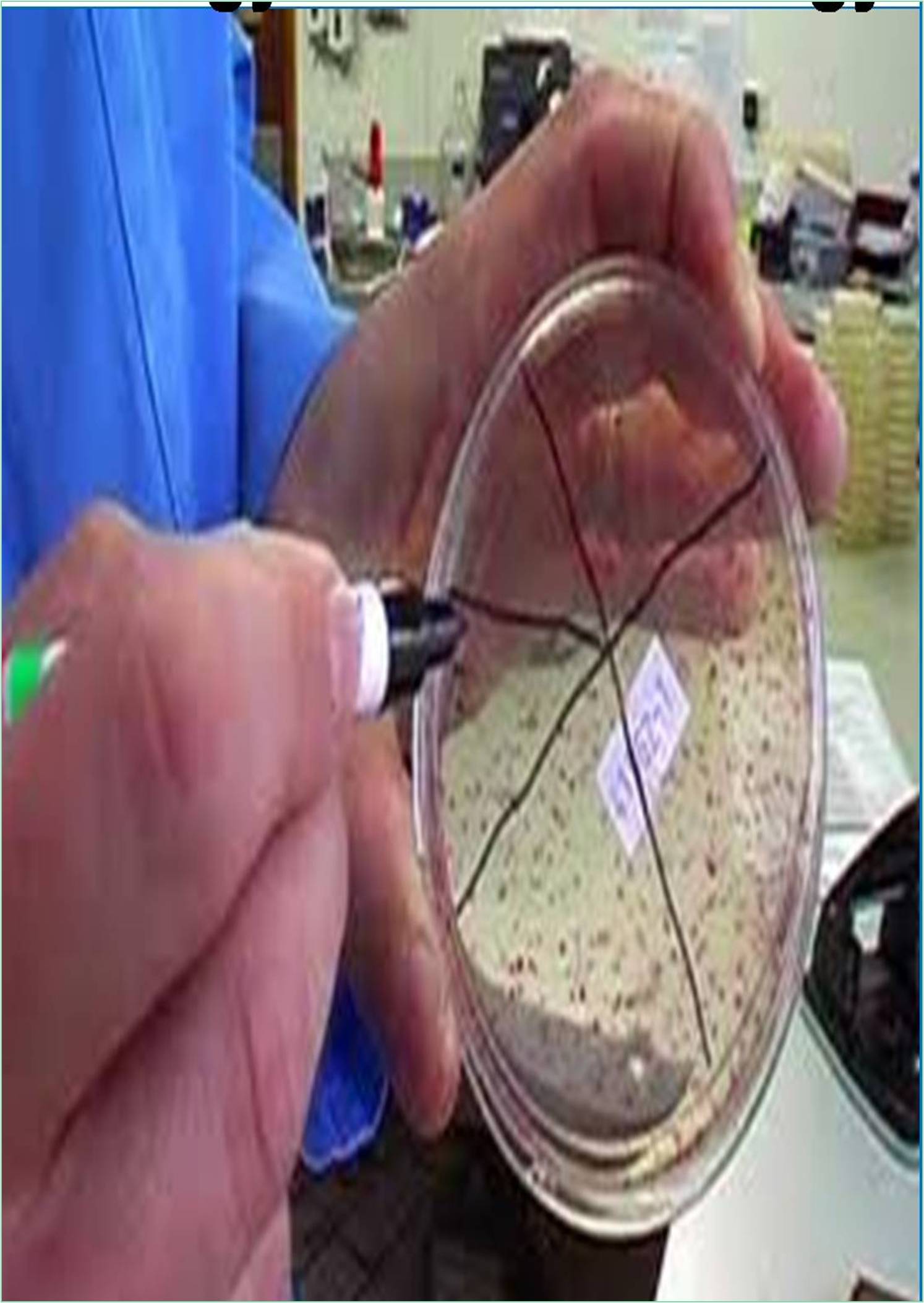



Received: 04-Mar-2022, Manuscript No. GJVI- 22-60115; Editor assigned: 07-Mar-2022, Pre QC No. GJVI- 22-60115(PQ); Reviewed: 21-Mar-2022, QC No. GJVI- 22-60115; Revised: 24-Mar-2022, Manuscript No. GJVI- 22-60115(R); Published: 07-Apr-2022, DOI: 10.15651/GJVI.22.2.3
Autoimmune diseases occur when the body’s immune system accidentally attacks and destroys healthy body tissues. There are more than 80 types of autoimmune diseases. The immune system normally guards against germs like bacteria and viruses. The immune system is a collection of special cells and chemicals that fight infection-causing agents such as bacteria and viruses. An autoimmune disorder occurs when a person’s immune system mistakenly attacks their own body tissues.
Regulating Activities for Autoimmune Disease
Autoimmune diseases are a significant clinical problem because of their chronic nature, the associated healthcare cost, and their prevalence in young populations during the prime of their working and peak reproductive years.
Stimulator is designed to dampen out-of-control immune system that triggers autoimmune diseases, such as inflammatory bowel disease and rheumatoid arthritis. The technology is based on a decade of research elucidating how the brain controls the immune system, particularly inflammation. The treatment has not yet been tested in patients, but based on animal research, scientists it will provide an alternative treatment that is more effective and have fewer side effects than existing drugs.
All stages of autoimmune disease are thought to be associated with a failure of regulatory mechanisms, with the resolution phase defined by a partial, and in most cases, short-term ability to restore the balance of effector and regulatory responses. Augmenting regulatory mechanisms and establishing robust and long- lived disease resolution is a goal of new therapeutic strategies.
Phases of Stimulating Auto Immunity
Initiation: Genetic predisposition for triggering environmental activities.
Propagation: Cytokinins production spreads disrupted treg balance.
Resolution: It involves cell extrinsic and cell intrinsic severity.
Types of Autoimmune Disorders
Rheumatoid arthritis: The immune system produces antibodies that attach to the inner walls of joints. The immune system cells then attack the joints, causing inflammation, swelling, and pain. If left untreated, rheumatoid arthritis gradually causes permanent joint damage. Treatment of rheumatoid arthritis includes a variety of oral and injectable medications that reduce the over activity of the immune system.
Systemic lupus erythematosus (Lupus): People with lupus develop autoimmune antibodies that can attach to tissues throughout the body. The joints, lungs, blood cells, nerves, and kidneys are commonly affected in lupus. Treatment often requires daily oral prednisone, a steroid that reduces immune system function.
Inflammatory Bowel Disease (IBD): The immune system attacks the lining of the intestine, causing episodes of Diarrhea, rectal bleeding, emergency bowel movements, abdominal pain, fever, and weight loss. Ulcerative colitis and Crohn’s disease are the two main forms of IBD. IBD can be treated with oral and injectable immunosuppressive drugs.
Multiple Sclerosis (MS): The immune system attacks nerve cells, causing symptoms such as pain, blindness, weakness, poor coordination, and muscle spasms. Various drugs that suppress the immune system can be used to treat multiple sclerosis.
Type 1 diabetes: Antibodies from the immune system attack and destroy insulin-producing cells in the pancreas. If diagnosed, people with type 1 diabetes need insulin injections to survive.
Guillain-Barre syndrome: The immune system attacks the nerves that control the muscles of the legs, sometimes the arms and upper body. The result of weakness will be serious. Filtration of blood using a procedure called plasmapheresis is the main treatment for Guillain-Barre syndrome. Chronic inflammatory demyelinating polyneuropathy: Similar to Guillain-Barre, the immune system attacks nerves in CIDP, but the symptoms last much longer. If not diagnosed and treated early, about 30% of patients can be detained in a wheelchair.
Myasthenia gravis: Antibodies bind to nerves and prevent them from stimulating properly. Weakness, which worsens with activity, is the main symptom of myasthenia gravis. Mestinone (pyridostigmine) is the main drug used to treat myasthenia gravis.
Vasculitis: In this group of autoimmune diseases, the immune system attacks and damages blood vessels. Since vasculitis can affect any organ, the symptoms are very different and can occur almost anywhere in the body. Treatment usually involves using prednisone or another corticosteroid to reduce the activity of the immune system.